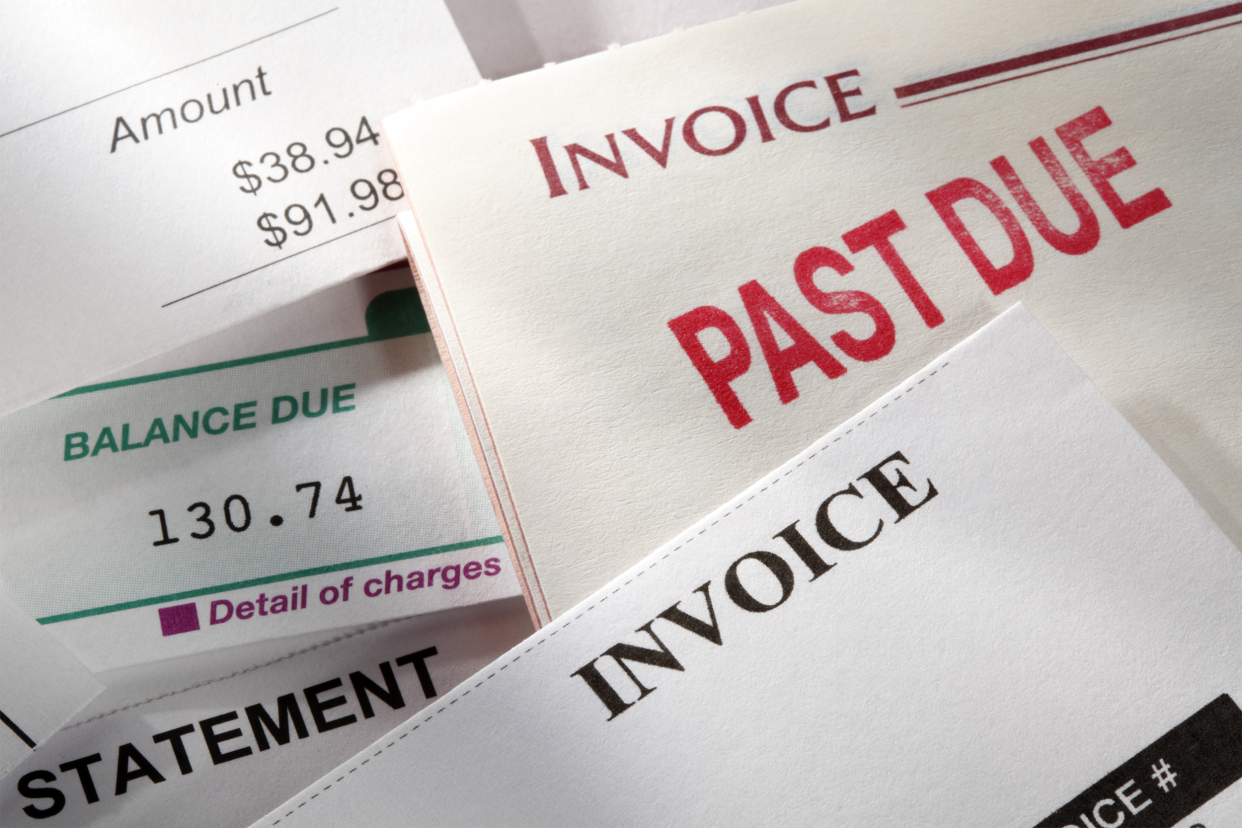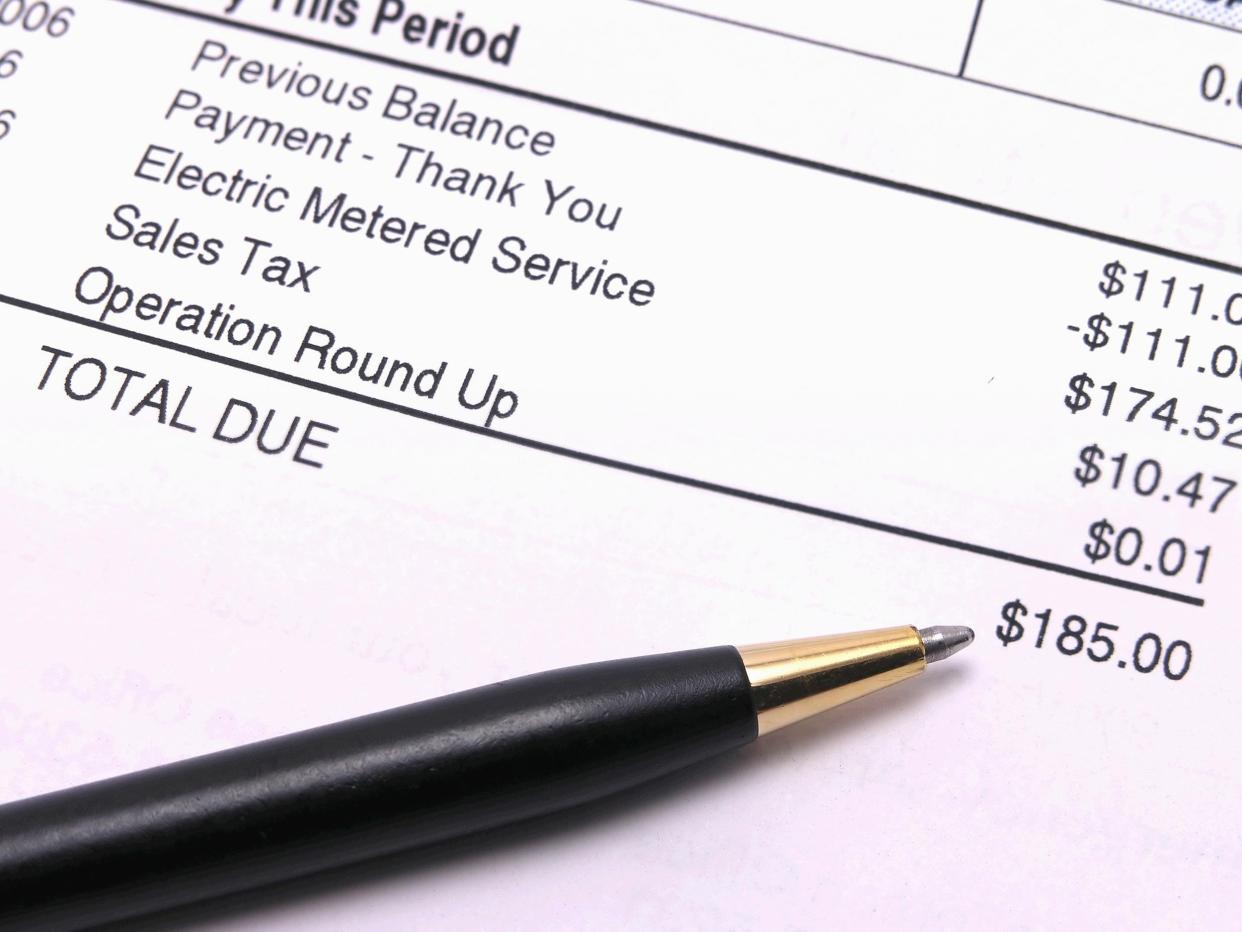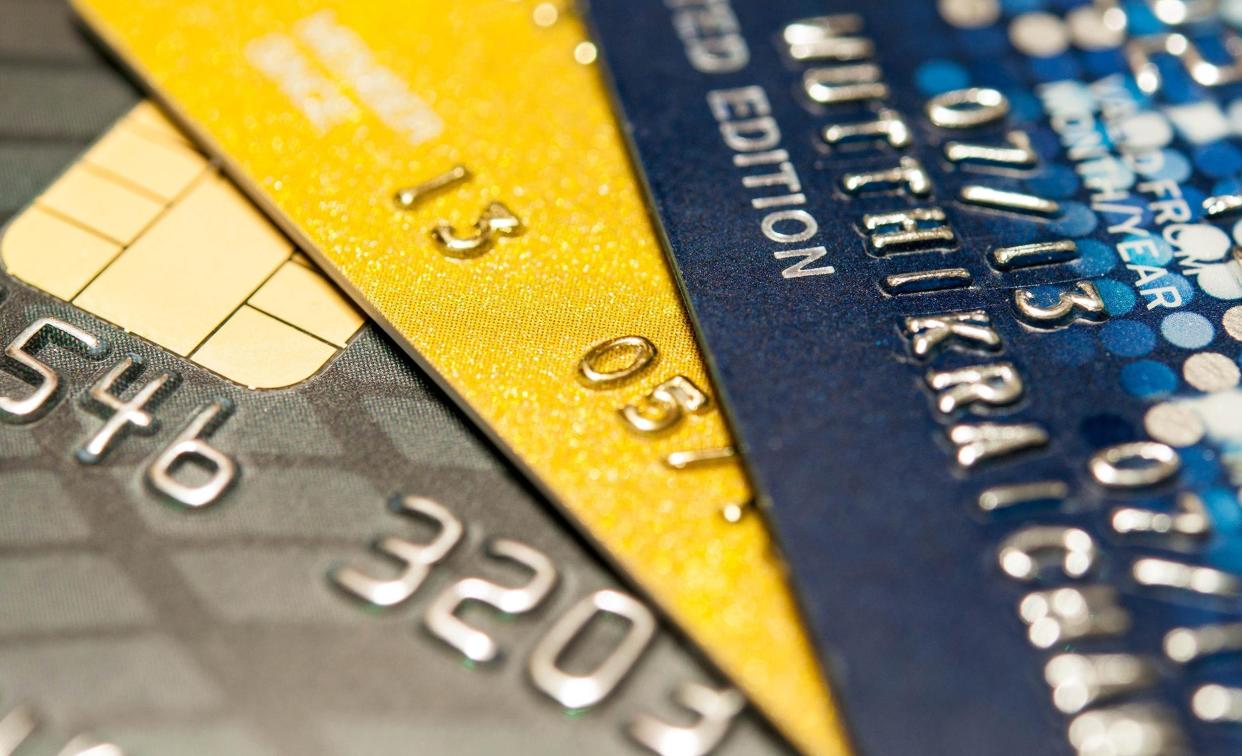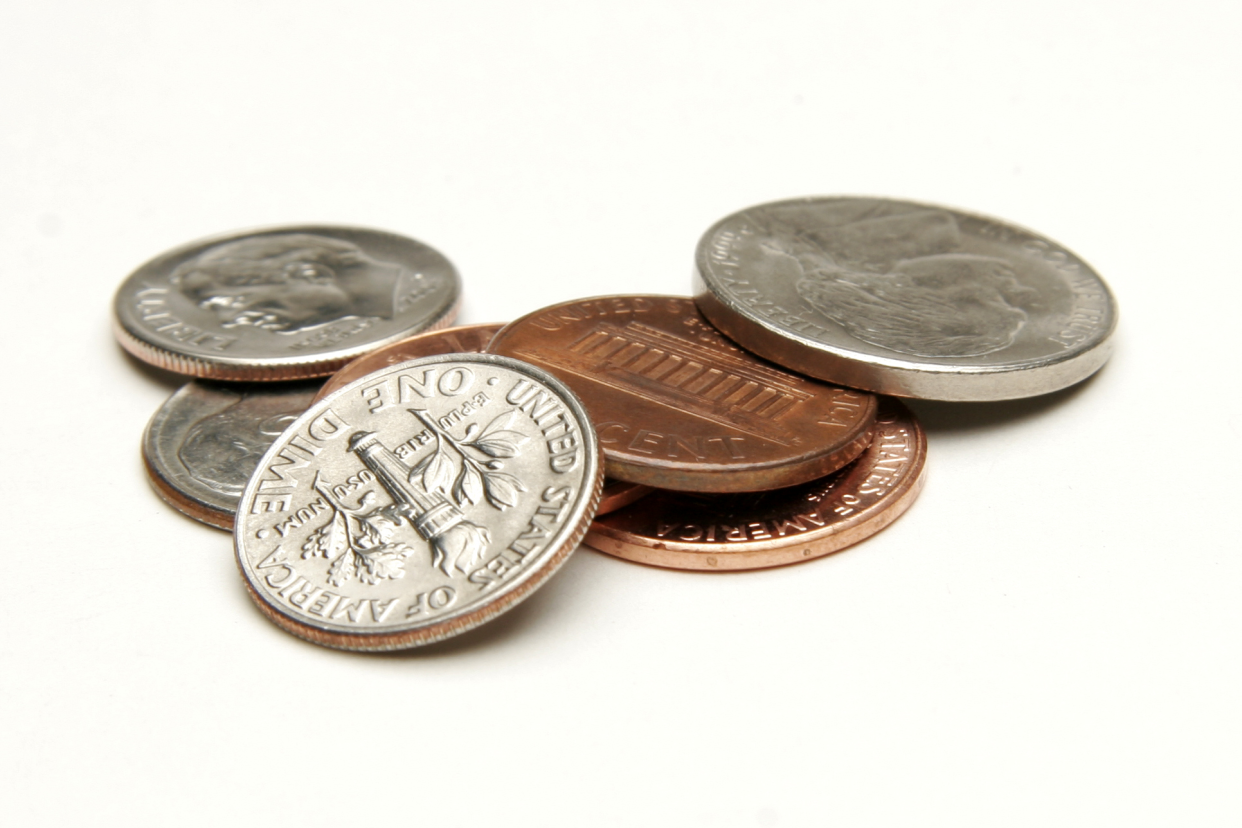15 Things That Do Not Affect Your Credit Score

During the current economic uncertainty, people are worrying about money — and by extension, their credit. But many borrowers don't know how their credit scores are calculated. The first misconception is that there's a single score; most people have several. FICO scores are the ones most often used by lenders, but there are competitors such as VantageScore, which was developed in 2006 by the three major credit bureaus and is slowly becoming more popular among lenders. There are also different types of FICO scores and different sources for the information used in the calculations. Here are some things consumers might think affect their credit scores — but don't.
Related: 20 Things You Can't Do With a Low Credit Score

Accessing a free credit score is becoming a commonplace add-on for financial products such as credit cards and checking accounts, and there's no negative impact if a company, or user, checks a score. Everyone is entitled to three free copies of their credit report each year (one from each bureau) by visiting AnnualCreditReport online and requesting those reports won't impinge on the score.
For more great personal-finance tips, please sign up for our free newsletters.

The federal CARD Act of 2009 made it harder for people under age 21 to get a credit card; they now need a co-signer or proof of independent income. But age is not a factor in determining a credit score, and neither is race, religion, marital status, or gender.
Related: 14 Ways to Improve a Bad Credit Score

Jobs, employers, employment history, and home address generally are not factors that affect credit scores. They may be important to insurance companies and lenders, though.

This one can be confusing, because loan and credit card applications almost always ask about income. Lenders do consider income and an applicant's debt-to-income ratio when deciding whether to extend a loan, and credit card issuers may also base credit limits partly on this data. But it has no role in determining a credit score.
Related: 23 Entry-Level Jobs You Can Do From Home With No Experience

Some people believe that as long as they do not apply for credit, their credit history will be clean and they'll have a good credit score. But doing nothing generally doesn't affect a credit score. To improve their scores, consumers need to show they're trustworthy borrowers. If they have no credit history, lenders don't have anything on which to base their decisions.

Credit counseling services can help people who are having trouble making monthly payments, juggling multiple loan payments, budgeting, or understanding credit. Free credit counseling services are provided by the National Foundation for Credit Counseling and Financial Counseling Association of America, as well as independent offices associated with one or both. Use of these free services generally doesn't affect credit scores — although it appears on credit reports and may make loan approvals more difficult in the future.
Related: 32 Credit Card Mistakes You're Probably Making

Even though most debit cards have a Visa or MasterCard logo and can be used for purchases wherever credit cards are accepted, the funds come directly from a bank account and the activity isn't reported to credit bureaus. As a result, debit card use doesn't affect credit scores.
Related: This Online Shopping Tool Can Save You Money Automatically

Many people assume their credit scores must be good because they always pay bills on time. Insurance companies, utility providers, and mobile phone carriers often check new customers' credit scores, but credit rating agencies generally don't take insurance, utility, or cellphone bills into account. The exception is if someone falls behind on payments and the account gets turned over to a collections agency; that will be reported to credit reporting and rating agencies.
Related: 21 Ways to Reduce Your Monthly Bills When Money Is Tight

According to FICO, any item listed as child or family support in a credit report is not considered when calculating a credit score. VantageScore also doesn't consider child support in its scoring calculations. As with other financial obligations, though, late or missed payments can have an impact.

While a credit score helps determine whether a borrower is offered the best interest rates, the converse is not true. High or low interest rates on current credit cards or loans don't factor into a credit score.
Related: Credit Horror Stories That Will Keep You Up at Night

This one is partially true. For the still widely used VantageScore 3.0, medical debt isn't considered unless it has entered collections by a third party — and once paid, it isn't a factor. (With new VantageScore 4.0, medical collection accounts less than 6 months old are totally ignored.) But most lenders use FICO scores, and while the latest version (FICO 10) doesn't weight medical debt as heavily as past versions and similarly erases past-due debt and overdue payments that have been paid off, medical debt remains a factor. Even worse, lenders are slow to switch to new versions of the FICO scoring system, and many still use versions that do look at medical debt.
Related: Reduce Your Healthcare Costs With These Expert Tips for Seniors

Writing a bad check or incurring overdrafts on an account doesn't generally affect a credit score (although if the bad check is for a credit card bill, there can be cascading effects). Some banks have internal rating systems, though. Overdrafts may be reflected on a customer's bank profile, which could make it more difficult to open a credit card or take out a loan from that bank.

Sometimes it's hard to keep track of small debts, such as a $15 late fee. The good news: Even if a debt goes into collections, the latest versions of FICO don't consider debts less than $100. For VantageScore 3.0, collections of $250 or less don't have an impact on credit scores.
Related: 26 Tactics for Getting Out of Debt

Opening a credit card often comes with a temporary drop in credit scores, because the issuer does a “hard inquiry” (a deep look into the applicant's file). When you shop for a loan, each lender is likely to do one. But that doesn't necessarily hurt a credit score. For the newest FICO scores, multiple inquiries for mortgages, auto, or student loans are considered to be a single inquiry if made within a 45-day period. VantageScore extends this rate-shopping allowance to all types of loans but limits the shopping window to 14 days.
Making a move? Click here to compare rates and find a mortgage lender that works for you. [Sponsored]

Credit scores don't directly take into account the number of credit cards a consumer holds. However, there are many scenarios in which multiple cards can have an effect. The hard inquiries that accompany most credit card applications can lower a score. Having multiple cards can also affect the average length of a person's credit history and the percentage of available credit being used — two factors in many credit scores.
Related: 16 Ways to Simplify Your Finances During a Time of Economic Turmoil
